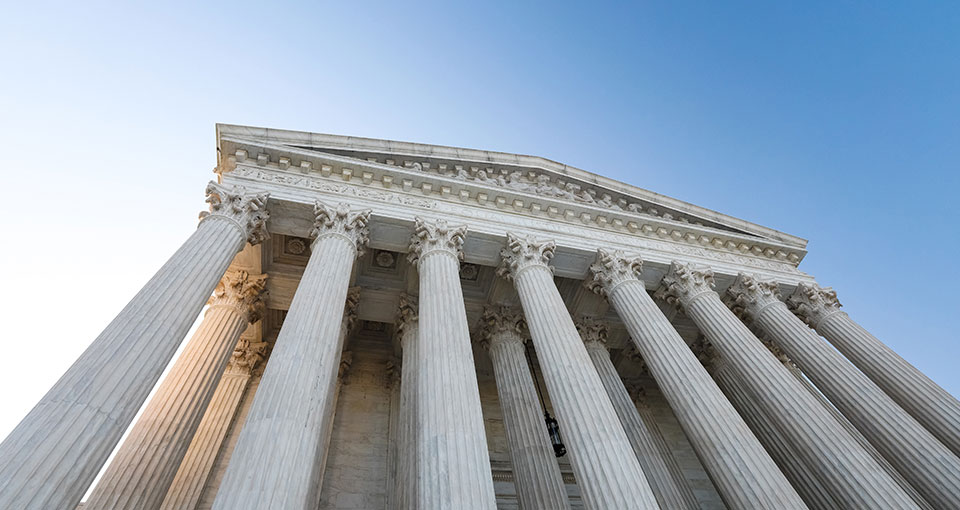
Navigating the Ethical Current :: Conflicts of Interest in the Tripartite Relationship (Part One)
By Amy Elizabeth Stewart
Part One—The Inherent Tension
The competing interests inherent in the relationship between the insurance company, its insured, and defense counsel—called the “tripartite relationship”—have long been recognized in the defense of lawsuits covered by insurance. “[This] so-called tripartite relationship has been well documented as a source of unending ethical, legal, and economic tension.” State Farm Mut. Auto. Ins. Co. v. Traver, 980 S.W.2d 625, 633 (Tex. 1998) (Gonzales, J., dissenting). This series will examine the inherent tension in the tripartite relationship, commonly-encountered conflicts, defense counsel’s ethical obligations, and best practices for defense counsel.
As a practical matter, defense counsel appointed by an insurer is entangled in a dual representation of sorts—taking direction simultaneously from both the insurer and the insured. When the insurer has a contractual obligation to defend its insured, it typically has the right to control the defense and to select defense counsel unless there is a disqualifying conflict of interest. The insurer and defense counsel clearly have a business relationship, pursuant to which the insurer pays legal fees and expenses for a particular engagement. In many instances, insurance companies have relationships with various “panel counsel”—firms or individual lawyers routinely engaged to defend lawsuits against the insurance company’s insureds. In these situations, defense counsel may consider the insurance company the “client” for business purposes, since the insurer is a regular source of the business.
Though appointed and paid by the insurer, the defense lawyer represents the insured in the underlying litigation and, under Texas law, owes the insured a duty of undivided loyalty. Under most insurance policies, the insured is obligated to cooperate with the insurer’s investigation of the claim and provide information reasonably requested by the insurer. Defense counsel typically facilitates this cooperation and is often the primary conduit through which case-related information flows. By virtue of the attorney-client relationship, moreover, defense counsel is in a position to acquire from the insured confidential, non-public information regarding the lawsuit that may also impact coverage issues. This may include information adverse to the insured’s interests. For this reason, defense counsel is in a position to obtain information that benefits one “client” and disserves the other. This creates an inherent tension if the interests of the insurer are not aligned with the interests of its insured, as is the case when the insurer has reserved the right to deny coverage.
Defense counsel must be cognizant of her ethical and legal obligations in order to recognize those situations in which she should direct the client to seek the advice of coverage counsel or engage independent counsel to defend the lawsuit. Our next post will consider various conflicts of interest that may manifest in the tripartite relationship.
